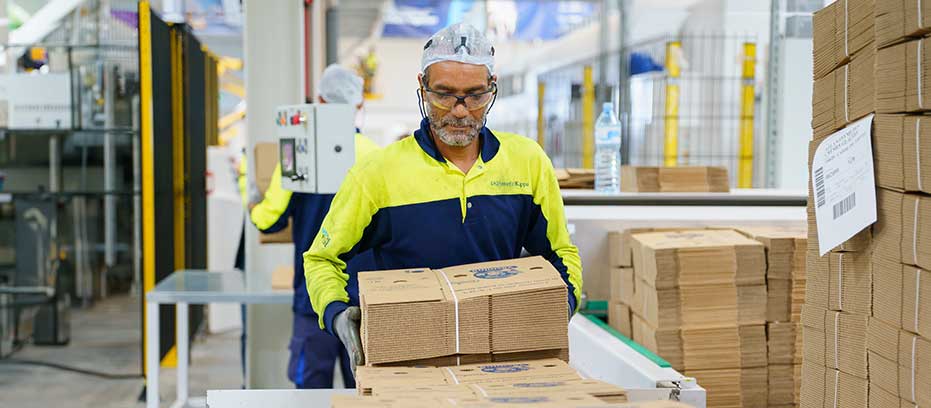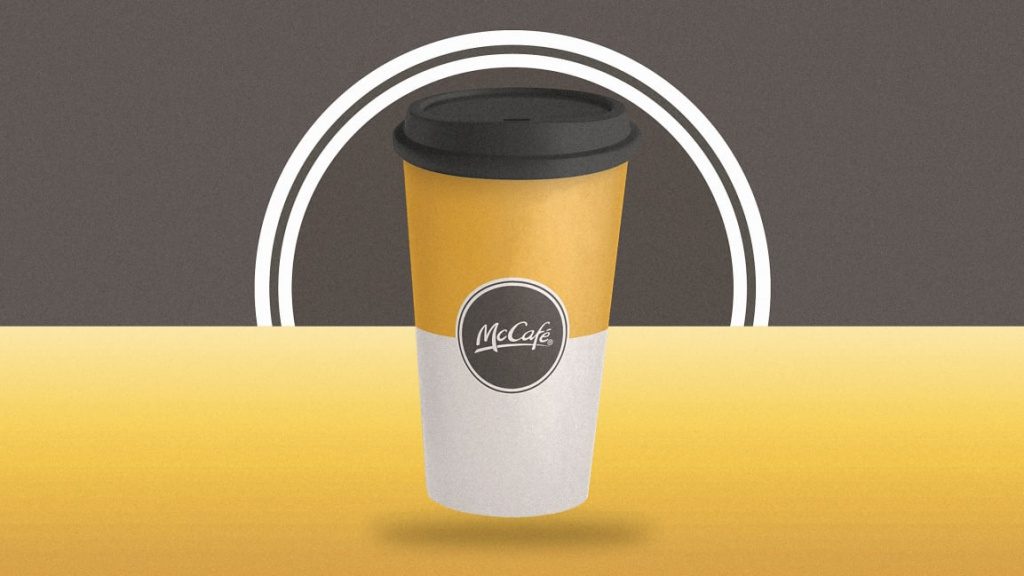Neil Farmer investigates market potential for UK and European packaging companies in Latin America
I’ve travelled to many parts of the world during my 47-year career in the global packaging industry. I have seen first-hand the developments and innovations that are occurring in developed countries such as the USA, China and Japan, as well as in emerging economies including Vietnam, Laos, Cambodia, Sri Lanka, the UAE and South Africa. I have experience in South American countries such as Chile. However, I had never visited Latin American/ Central American countries. I was therefore delighted to undertake a private trip to Guatemala to see the state of the packaging market in that part of the world.
The Latin American market
The obvious question is what opportunities exist for UK and European packaging businesses in countries which are often less developed commercially and economically than our own. For example, Guatemala has a population of 18.2 million and a total a GDP of $108.9 billion. It has a GDP per head of $4,561 and a median age of 21.6 years. This contrasts to the UK`s GDP per head of $54,949 and a median age of 40 years. Nevertheless, or indeed because of, these wide disparities the economy of countries such as Guatemala offer considerable opportunities for companies in the packaging sector. The recent mega-merger between Smurfit Kappa and WestRock throws some light on the potential in Latin America. The joining of these two groups will bring to the market one of the biggest paper packaging companies in the world, with sales of over $21 billion.

In Latin America, Smurfit Kappa operates paperboard businesses in Brazil, Argentina, and Colombia. The company has a presence in central America including Guatemala. In 2015 it acquired CYBSA, a central American packaging firm based in El Salvador to expand its footprint in the region, including Guatemala. CYBSA is a corrugated, folding cartons and flexible packaging producer.
Prior to the Smurfit Kappa deal, WestRock already had considerable paper and paper board operations in Brazil and Mexico. In July 2022 it acquired Grupo Gondi, a Mexican supplier of recycled paper and cardboard packaging, to further strengthen its position in the expanding Latin American paperboard sector.
Potential for growth
Walking around cities and towns in Guatemala, it is clear that paperboard and corrugated packaging have huge potential. There has been a boom in the fast-food market, with US outlets opening up in many parts of the country. The likes of McDonalds, Starbucks, Burger King, KFC, Pizza Hut and others are flourishing in a young country where instant food consumption is very much part of a busy lifestyle.

Restaurants on highways offer similar fast foods as well as local specialities. What this all means in greater consumption of paper-based packaging for the food-service sector and opportunities for substantial market growth.
To put this all in perspective, the Latin America paper and paperboard packaging market was estimated to be worth $24.6 billion in 2024.
It is projected to grow at a compound annual growth rate of 5.3% between 2025 and 2030. Paper and board materials accounted for the largest proportion of the total packaging material market in Latin America with a share of 32%. There are undoubtedly significant growth opportunities in the whole area for progressive packaging groups with financial strength, volume production, sustainable solutions and innovative skills.
Drinks packaging in Latin America
As well as a demand for convenience food and its consequential packaging, there is a large demand for packaged beverages and the equipment needed to fill them. European packaging machinery companies are doing well in Latin America in this regard. The following example perfectly illustrates the case. Coca-Cola FEMSA, with headquarters in Mexico City, is one of the largest Coca-Cola franchises, supplying more than 270 million customers. It has a portfolio of 134 beverage brands, including carbonate soft drinks, water, juices, teas and energy drinks. The company has recently announced the installation of a new line from Sidel in Jundiai, Brazil. The Super Combi machine will boost overall line productivity, operating at 39,000 bottles per hour. The line, integrates five units – preform feeder, blower, labeller, filler/capper and cap feeder into one smart system. Coca-Cola FEMSA utilizes 100% rPET (recycled PET) preforms in its bottle production and the Sidel machine is fully compatible with this material. The line facilitates the manufacture of lightweight PET bottles by reducing transfer distances and minimizing mechanical stress, allowing thinner containers. A further significant feature of the machine is the installation of Evo-On Care and Performance apps. These allow Coca-Cola to improve line performance with actionable recommendations to solve efficiency losses. The app can make it easier to track, understand and address machine inefficiencies ensuring production targets are met. This is a great example of how European cutting-edge technology can supply innovations to provide added-value packaging solutions for Latin American consumers.
Recycling of plastics
Impressive as all this sounds, there is a massive need to improve the recycling infrastructure in countries in Latin America such as Guatemala. There is little investment in infrastructure and recycling facilities are hard to find. I came across one recycling point in, of all places, a cemetery in a town in the highlands of the country. It had two bins, one of which was marked “Tetra Paks”. Unfortunately, the bin was empty and it had a hole in the bottom. Very near to the bin in the cemetery was a hill which had had a large amount of waste thrown onto it, allowing it all to cascade down the hillside. This beautiful cemetery in the indigenous town of Chichicastenango, next to a bustling market, highlighted the need for consumer education and investment in infrastructure. Improvements must be made, but it will take time, considerable amounts of money and much goodwill. Similar and larger tips exist in other parts of the country, such as in Guatemala City, and are visible from the windows of aircraft leaving Guatemala Airport. Here children rummage through the waste, a very distressing scene.
The future
The future for progressive packaging companies in Latin America is all about partnerships. Smurfit Westrock is a great example of what can be achieved in material supply by creating a mega-group based on shared values, financial resources, a vision for the future and innovative products, with sustainability features a key offering.
In machinery and equipment, it`s all about relationships, with suppliers such as Sidel creating a network of installations at leading bottlers in the region, with Coca-Cola a prime example.
A global vision also depends on a network of subsidiaries and offices to provide a local service, support and back-up. Once all these things are in place anything is possible. It`s a challenging road but worth the journey.
Neil Farmer is one of the world’s leading authorities on packaging and a fellow of the Institute of Packaging. He’s a regular headline speaker at packaging shows and forums around the world.






